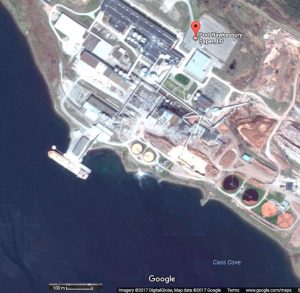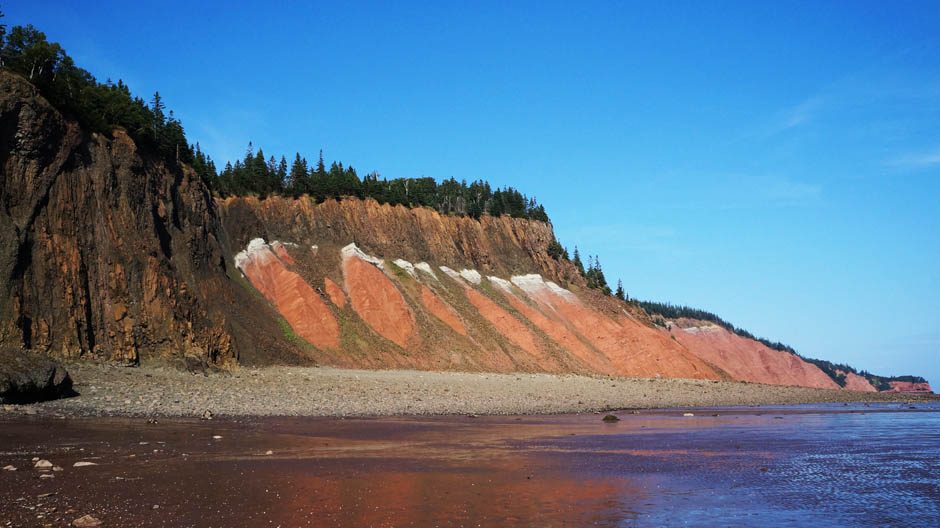The industrial efficiencies that once made us competitive aren’t working so well anymore and have come at a high cost to our forests, wildlife and even-our psychological well-being
 I think it’s generally agreed that PHP is an efficient operation and probably as competitive it could get, but it is a global market, fewer magazines are being sold, and it’s been cold out.
I think it’s generally agreed that PHP is an efficient operation and probably as competitive it could get, but it is a global market, fewer magazines are being sold, and it’s been cold out.
View Strait paper mill quiet as energy prices soar (Chronicle Herald, Jan 17, 2018).
In response to low prices for its main product, a glossy paper used in inserts, and import tariffs placed on it by the United States government, Port Hawkesbury Paper has been attempting to diversify.
It has hired experts to test new products that could be produced at the mill ranging from wood-based alternatives to petrochemicals, paper bags and heat-resistant sandwich wrappers.
“The price of paper is going in the wrong direction (but) no one wants to shut the mill down,” Dube told the Chronicle Herald in an interview last year. “
Bottled water apparently didn’t work; ‘don’t know about the sea bass.
It’s only a few years since we lost the pulp mill in southwest Nova Scotia. Now we have one of our two remaining pulp and paper mills with firm markets for its pulp products (in China) but facing a major challenge in dealing with its effluents and an old mill; and the other has modernized, and catered to a high end, mostly USA market that’s declining and getting hit by duties. So it’s not looking too hopeful for either of them.
To complicate matters more, our industrial model of cut-everything-&-use-everything relies on the pulp mills to purchase the lower end stuff and residues from sawmills. It’s an efficient, integrated industry but those industrial efficiencies have imposed high costs on our forests, wildlife, environment, and even on our psychological well being.
‘Time for some critical, honest thinking about where we go from here. Hopefully the Independent Review will kick if off at the provincial level. There is already some pretty creative stuff going on at the local level, e.g., Robert Taylor’s Cut Less and Do More approach, the Medway Community Forest Co-op, efforts to establish a Community Forestry Hub in Cape Breton.
